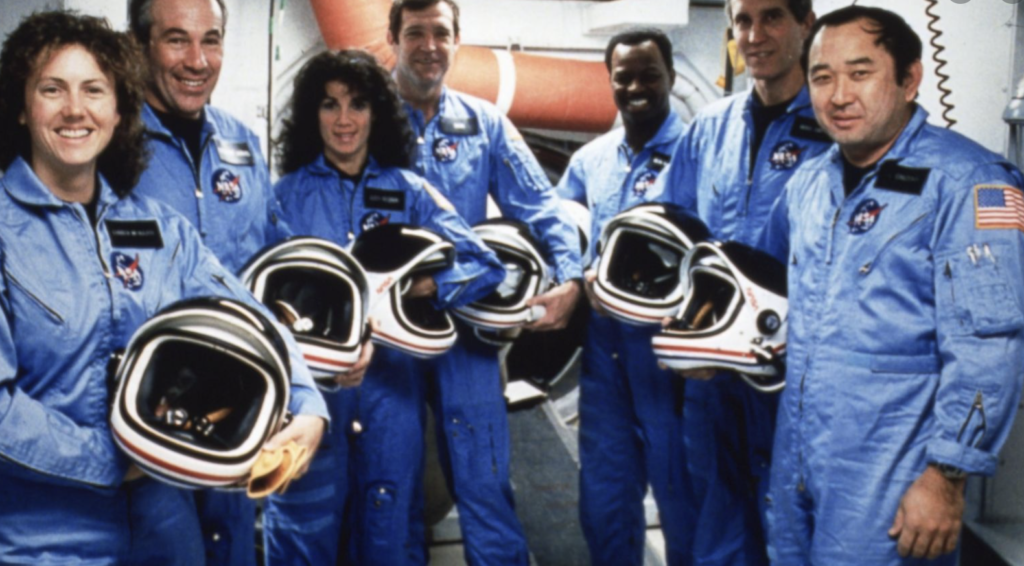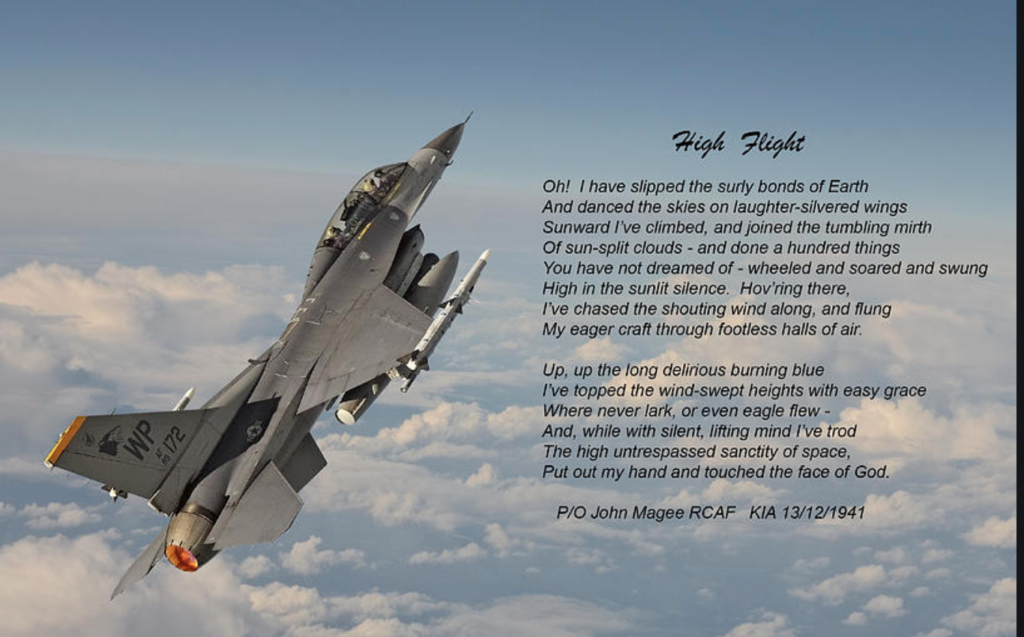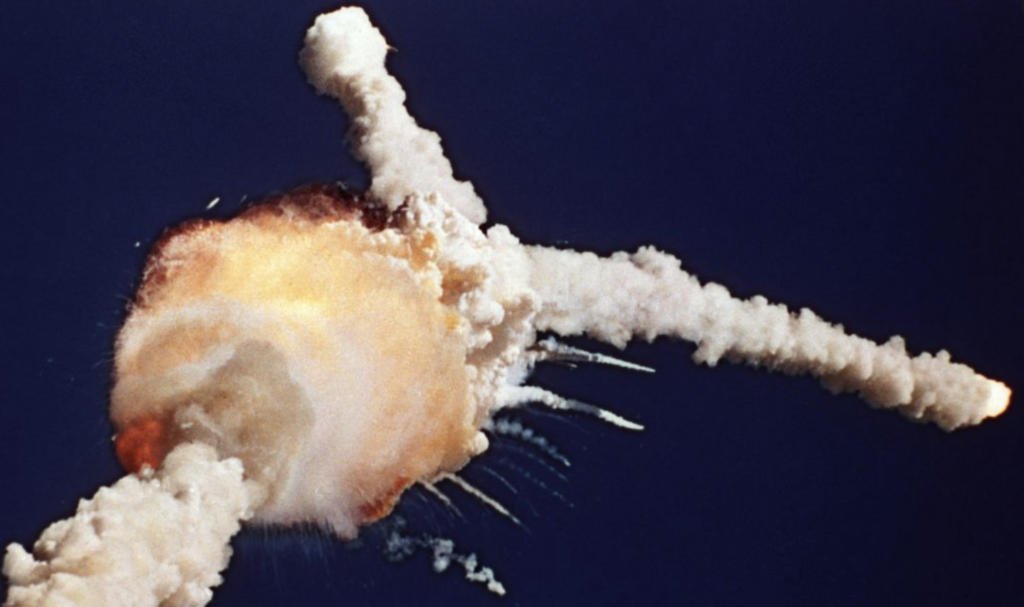It was 35 years ago today, my last winter working in St. Louis.
I was working mostly nights, getting home after midnight and then watching old movies for a couple of hours until I was ready to sleep. I would usually sleep till noon and then kill a couple of hours before leaving for work.
On this particular day, I didn’t have the radio or television on until I was in my car on the way to work. I hadn’t even known there was a space shuttle launch scheduled. More than a decade after the last moon landing, we were kind of blase about the space program.It was a far cry to when I was in sixth grade in 1961 and they wheeled a television into our classroom so we could see Alan Shepard become the first American into space.
At any rate, I was heading into St. Louis when I first heard the Challenger had exploded shortly after takeoff, killing all seven of its passengers. It was the first in-space tragedy in a quarter century of manned American Flights. A fire in the Apollo I capsule in 1967 had killed three astronauts, but it happened while they were sitting on the launching pad for a test.

Actually, this time it wasn’t just another launch. This one was special because for the first time, a teacher was participating and would give a live classroom lecture from orbit.
Christa McAuliffe of Concord, N.H., had been selected from 11,000 applicants to be the first teacher to go into orbit as part of NASA’s Teacher in Space program. That was what made this time special.
And that was what made it so tragic in the eyes of so many people. Just as people are likely to react to a story that 500 Japanese and one man from Baltimore died in an earthquake by saying “Oh, that poor man,” to many Americans, six unknown astronauts and Christa McAuliffe elicits a similar reaction.
“Oh, that poor woman.”
Millions of schoolchildren around the country were watching the launch live in their classrooms. The explosion occurred just 73 seconds into the flight, and it’s possible some of the astronauts didn’t die until the falling crew compartment hit the ocean.
If you came of age in the ’60s and ’70s, back when most TV stations didn’t broadcast in the middle of the night, Many of them signed off with the National Anthem, with video showing so many of the beautiful parts of our country. Others showed Air Force jets high in the sky, usually with a narrator reciting John Gillespie Magee’s lovely poem, “High Flight.”
It’s the one that starts out, “Oh! I have slipped the surly bonds of Earth.”
Ronald Reagan used it in one of his most beautiful speeches the evening of the disaster,
“The crew of the space shuttle Challenger honored us by the manner in which they lived their lives,” he said. “We will never forget them, nor the last time we saw them, this morning, as they prepared for their journey and waved goodbye and ‘slipped the surly bonds of earth’ to ‘touch the face of God.'”

Magee was a Canadian flier who was killed in action six days after Pearl Harbor, but his lovely poem lives on, just as the seven who died aboard Challenger was joined our pantheon of heroes.
There was a second disaster 17 years later, when the shuttle Columbia blew up on re-entry.
But it is Challenger we remember more.
Challenger we will never forget.

